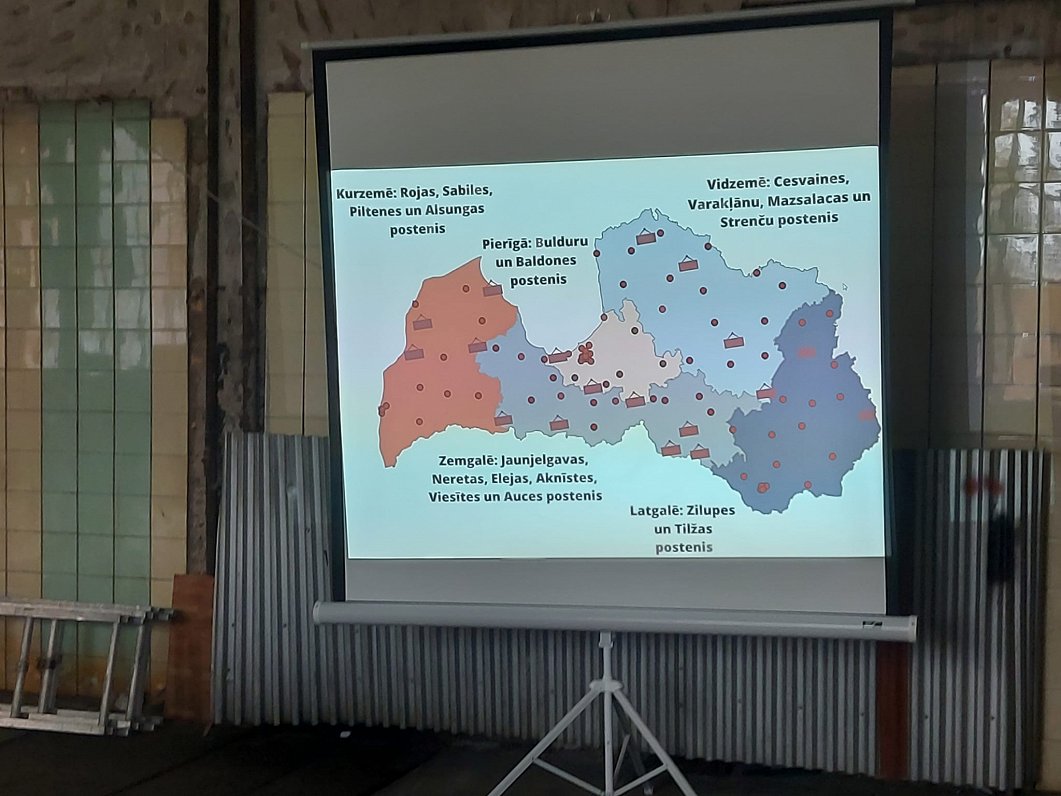This will not happen at the same time, but the frequency and duration of the suspension of each station will depend on the situation with the provision of personnel.
The stations are in Roja, Sabile, Piltene, Alsunga, Bulduri, Baldone, Jaunjelgava, Nereta, Eleja, Aknīste, Viesīte, Auce, Cesvaine, Varakļāni, Mazsalaca, Strenči, Zilupe, and Tilza.
"The situation of this moment in terms of employee shortages is critical because employees can't live at the station. Overtime is not the norm, it should only be allowed in emergency situations.
The Interior Ministry has reported to the government several times in recent years about the situation in the interior services. Staff shortages are not only in the VUGD but also in other services, so long-term internal security needs to shift adequate funding, like defense, to at least 2.5% of the gross domestic product. We will be able to develop services in a planned manner, protect our citizens and ensure effective safety measures, attract new workers to the sector and hold existing ones, and provide adequate infrastructure and equipment," said Interior Minister Kristaps Eklons (Development/For!).
"VUGD has long been looking for a solution to maintain the quality of the service provided to the population, without endangering the health and safety of fire rescuers," said General Oskars Āboliņš, chief of VUGD.
"The suspension of certain stations is one of the most extreme means, but 12% of posts vacant, or shortages of nearly 400 employees at the beginning of October, combined with the long-term absence of 160 employees – sick leave, parental leave, etc., do not leave us a choice. VUGD is unable to compete in the labor market in terms of wages and the expected rise in prices and costs prevents us not only from attracting new employees, but also from keeping existing professionals.
We no longer have a sufficient number of firefighters at this time to ensure that three officials can go to the call every day in all departments, which, in accordance with the requirements of job protection, is the absolute minimum. "
VUGD noted that staff shortages have been addressed in several ways this year. In the first quarter, in order not to exceed a reasonable amount of overtime, two rather than three firefighters frequently went to the incident, violating job protection requirements and increasing the risk of injury. The second quarter met job-protection requirements, but the amount of paid overtime grew rapidly. This created an overload that is not allowed for long periods. In the last months of this year, there are no funds to pay overtime in the VUGD budget, and it would not address critical staff shortages in a number of departments, since the planning of resources must also take into account statutory rest periods and the maximum possible number of overtime.
“As a result of the suspension of the operation of the stations, no firefighters will be fired from the job. They will go on calls from other departments,” said Āboliņš.




























